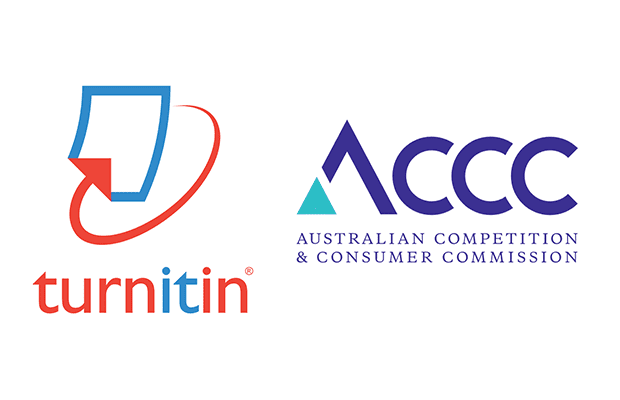Turnitin is set to reinforce its dominance as the biggest provider of anti-plagiarism software to universities in Australia, through a proposed takeover of competitor Ouriginal.
The move has put the Australian Competition and Consumer Commission (ACCC) on high alert, as it raises concerns that Turnitin is “buying out its most promising competitive threat to protect its market position,” as Ouriginal is one of just two competitors in Turnitin’s market.
Turnitin is the University of Sydney’s choice for anti-plagiarism software, and is by far the largest player in the market. The ACCC’s Statement of Issues says that Turnitin has “large databases that contain over 1.4 billion student papers” and “82 million scholarly subscription articles,” allowing it to comprehensively check student assignments against existing material.
Ouriginal is “much smaller than Turnitin in Australia.” It currently services only a handful of higher education institutions such as the University of Canberra and Murdoch University.
Despite Turnitin’s current dominance, however, the ACCC says that Ouriginal could develop into a strong competitor to Turnitin if it does not merge.
The ACCC is concerned that the takeover will “substantially lessen competition in an already highly concentrated market and may lead to higher prices or reduced service levels for the Australian higher education sector.”
A third player, SafeAssign, is made by learning management software provider Blackboard, and is used by universities such as Griffith University, Torrens University, James Cook University and Queensland University of Technology.
The ACCC contends that Turnitin’s size gives it a commercial advantage over other software providers, as it experiences “economies of scale” (cost savings that companies gain from being larger and running more efficiently) and “network effects” (benefits from more people using your service, like how social media companies benefit from more users).
These lead to major “barriers to entry”, making it incredibly difficult for new entrants to successfully challenge Turnitin’s position.
Turnitin’s takeover reflects a growing trend of universities spending big to crack down on “academic dishonesty” to preserve their reputations. In 2018, Turnitin introduced a new product based on machine learning, which monitors the writing styles of individual students, and flags content which shows a change in tone or voice.
Students have previously expressed concerns over USyd’s “scare tactics” approach to contract cheating, arguing for a more nuanced understanding of why certain students are incentivised to cheat.
“Universities are more than happy to spend money on anti-plagarism software over the quality of our education,” said Maddie Clark, SRC Education Officer, who also said that students should be concerned about data collection and privacy by anti-plagiarism software companies.
“Instead of paying for these programs, the university should be investing in more real life staff members,” she said.
The ACCC is yet to make a final decision on the acquisition.





